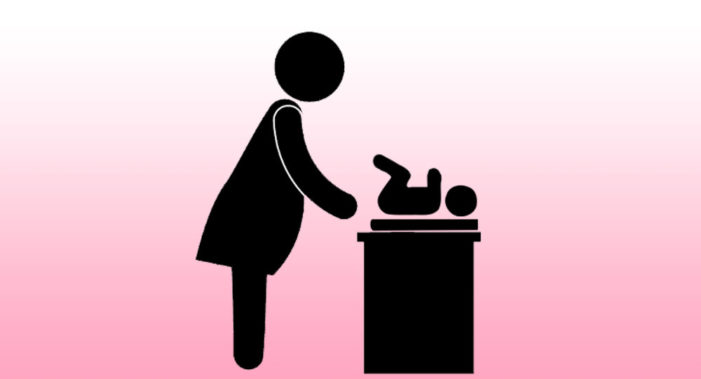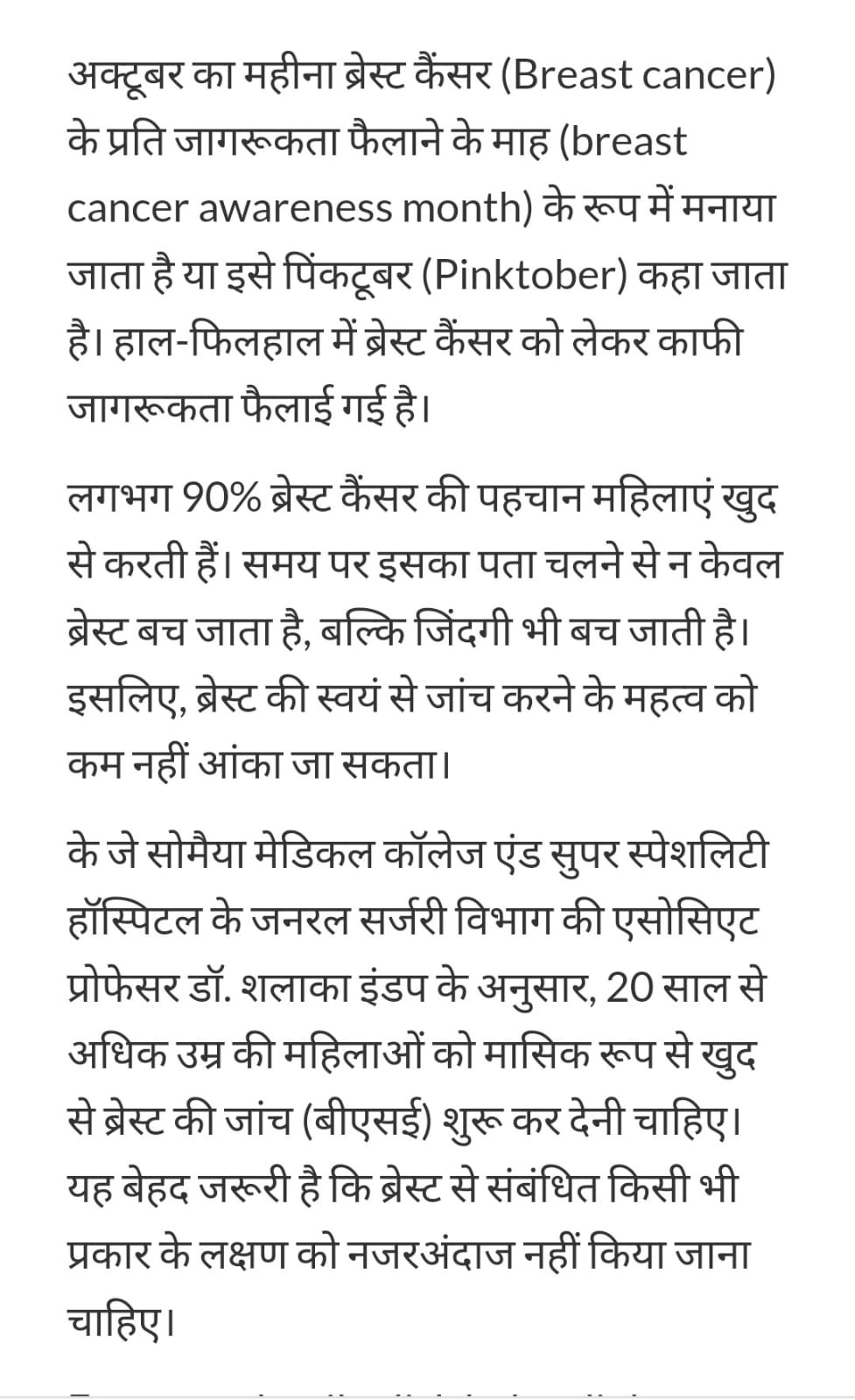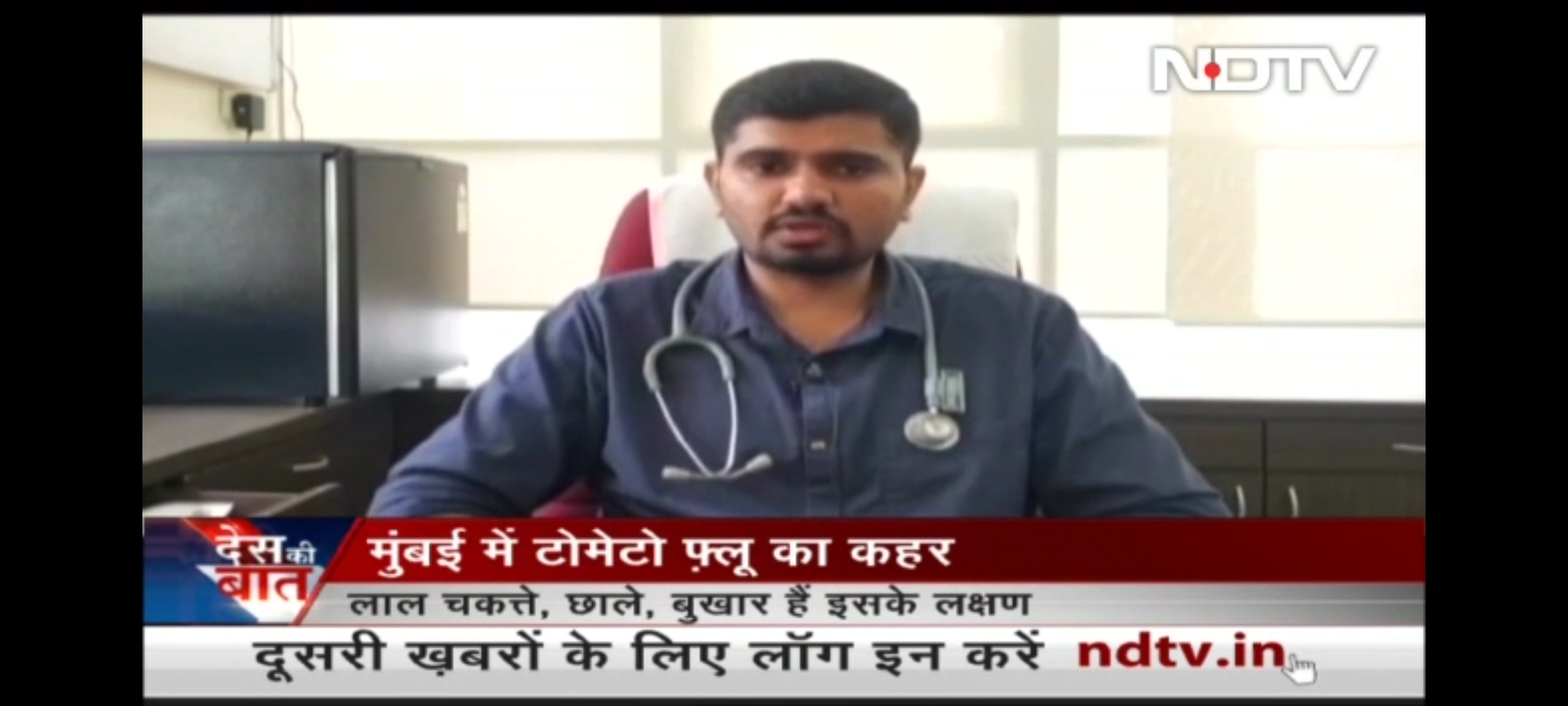5th August 2017
City doctors are coming across an unheard, but definitely, uncommon condition called postpartum psychosis. Psychosis patients may show symptoms such as discomfort with oneself, unaffectionate behaviour towards one’s newborn child, doubts about one’s own children etc. Doctors say the patients may also feel hallucinated during the condition and has observed a significant rise in the number of such cases
Discomfort with oneself, unaffectionate behaviour towards one’s newborn, doubts about one’s own children are not just signs of postpartum blues, but could be the symptoms of postpartum psychosis. An unheard, but definitely, uncommon condition in the city seems to be a frequent phenomenon for the doctors. Though it is not a common condition, but the triggers for those have become more frequent, say doctors.
Ahaana Sharma (name changed), a thirty two-year-old girl, suffered from postpartum psychosis a week after she gave birth to a baby girl. Sharma did complain of lack of sleep, anxiety and an unexplainable fear of not being ‘ready’ to be a mother until the very last minute of experiencing labour.
“Triggers like unexpected pregnancy or family pressure could lead to postpartum psychosis. It is a rare condition; it is experienced by one in thousand mothers. But now, these triggers seem to be more obvious,” said Dr Anjali Chhabria, Consulting Psychiatrist and founder of Mind Temple.
Doctors say the patients may also feel like they are hallucinating during the condition as hallucination is one of the characteristics of psychosis.
Another city-based doctor said she also has observed a surge in this condition, “When we say it’s common, I mean it’s 1 per cent or 2 per cent of the mothers. I had met a lady about eight months ago. On the third day after her delivery, she tried jumping off the building, she started screaming and talking about irrelevant things. There are multiple triggers for the condition, however, none of these can qualify as a definite cause,” said Dr Tanvi Tuteja, a Consulting Obstetrician and Gynaecologist at KJ Somaiya Hospital Super Speciality Centre.
Doctors also believe that the stress of delivering the baby in itself is stressful. When such a condition is coupled with stress of delivering a baby for the first time, the condition can be more intense. “I met a patient about two years ago. She couldn’t believe that the baby was hers. In a day, she became more violent and started throwing things that were harmful to other patients in the ward, even to other infants. So, we restrained her and put her on medication. She was cured after a long process of medication,” said Dr Sagar Karia, Secretary of Bombay Psychiatric Society and Consulting Psychiatrist at LTMG (Sion) Hospital.
Signs of this condition can be picked up during the pregnancy and such a condition should be treated well. “Family support is very important in such conditions. In Ireland, we used to educate the whole family before the delivery and the mother also had to undergo prenatal classes. Such things can be of great help,” added Dr Anagha Karkhanis, Fertility Specialist, GynaecologyExpert and Director at Cocoon Fertility Clinic.










